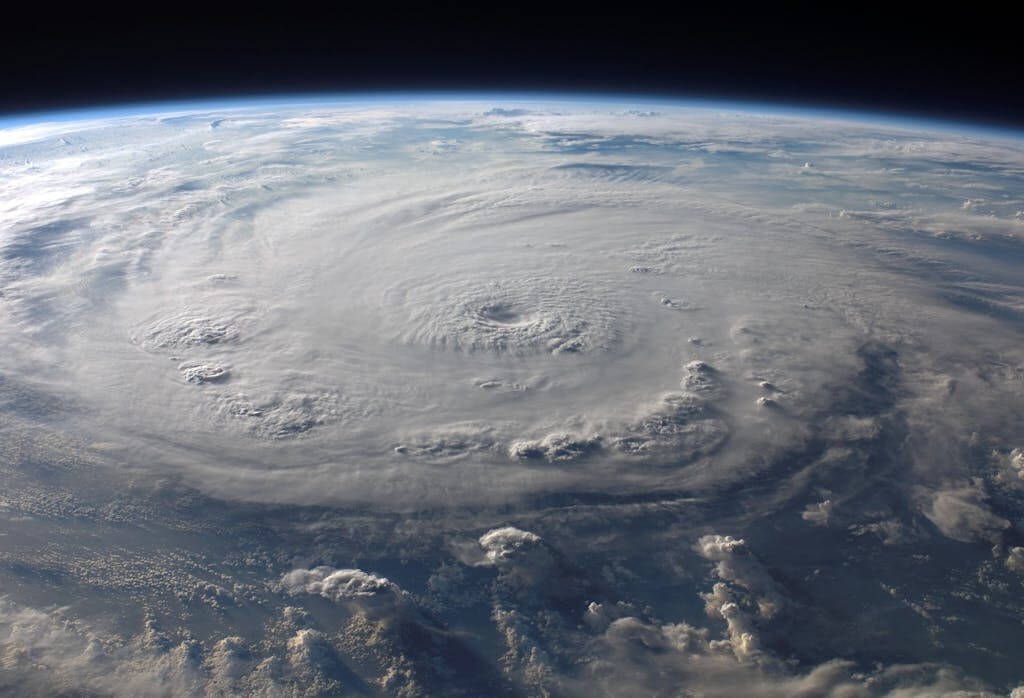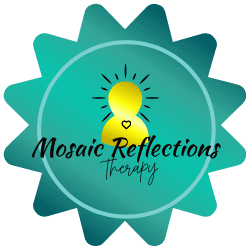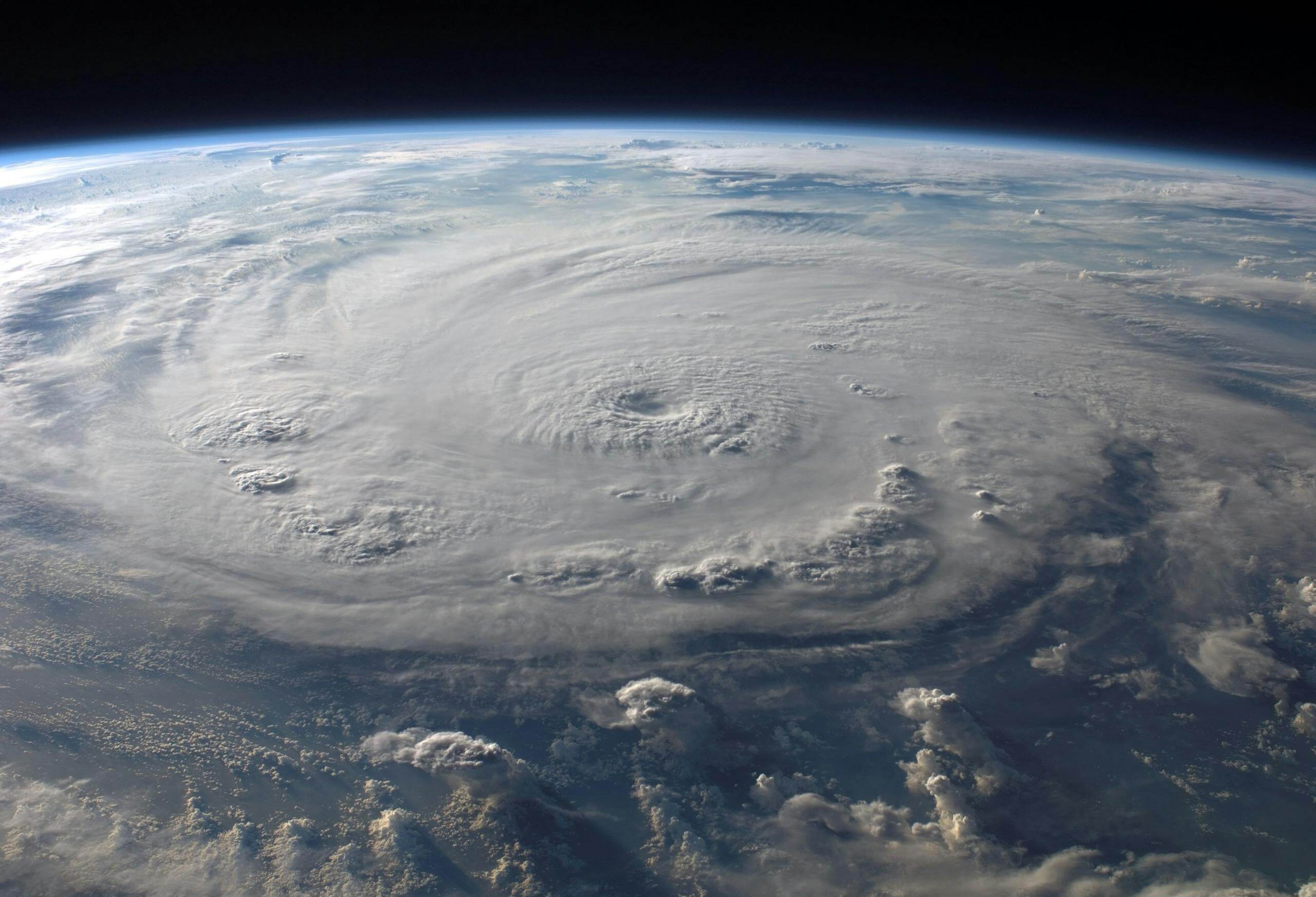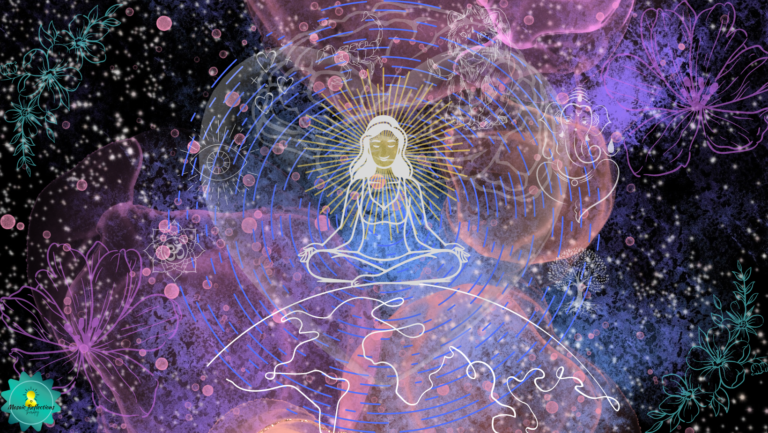Trauma, Anxiety, and PTSD After Hurricane Helene Floods Western North Carolina

Healing Trauma After Devastation: Rebuilding Your Mental Health After Hurricane Helene in North Carolina
On September 26, 2024, Hurricane Helene, a category 4 hurricane, came ashore in Florida. As it moved toward the north, it left unfathomable devastation in its path. Hurricane Helene flooded much of the mountainous areas of Western North Carolina. Cities were wiped away and, to date, the death toll continues to rise. The impact of natural disasters can be long-lasting, affecting both communities and individuals’ mental well-being. Hurricane Helene not only caused physical damage but left emotional wounds that may take a long time to heal.
The flooding reached historic levels, submerging highways, isolating towns like Asheville and Boone, and completely demolishing Chimney Rock. The storm’s devastating effects, including loss of life, evacuations, and widespread power outages, are just part of the tragedy. Many survivors are struggling with trauma, anxiety, and PTSD as they come to terms with the emotional toll of the disaster.
For those who experienced the frightening floods in cities such as Asheville, Black Mountain, Morganton, and Chimney Rock, the trauma can linger even after the waters recede. This article explores how trauma surfaces after natural disasters and the impact of PTSD and anxiety on recovery. We’ll also explore a therapeutic intervention like Brainspotting and how it can help the healing process.

What Is The Emotional Impact After a Natural Disaster?
The survivors of Hurricane Helene are now facing emotional devastation as severe as the physical destruction. When a natural disaster strikes, especially one of this magnitude, it threatens lives and takes away the feeling of safety individuals once had in their homes and communities. These survivors are likely to experience trauma symptoms, including shock, fear, and grief, that will emerge or intensify in the weeks and months following the storm.

Trauma and PTSD After Natural Disasters
For some, these symptoms will evolve into Post-Traumatic Stress Disorder (PTSD). PTSD is a debilitating condition that can arise when the brain is overwhelmed by an event it cannot process. Post Traumatic Stress Disorder after a natural disaster can manifest in many ways, such as:
- Flashbacks and nightmares: Survivors may find themselves vividly re-experiencing the moment the floodwaters surged into their homes or the frantic rush to evacuate as rivers crested.
- Hypervigilance: The sound of heavy rain or even the sight of rising water can trigger an overwhelming sense of dread. Survivors may constantly feel on edge, as if danger is lurking around every corner.
- Avoidance behaviors: People suffering from PTSD may go to great lengths to avoid reminders of the disaster. They may refuse to return to their homes or avoid conversations about the storm.
- Emotional numbness: To protect themselves from further emotional pain, survivors may feel detached or disconnected from others. They may be unable to fully engage in daily life.
Anxiety May Surface After A Natural Disaster
In addition to PTSD, many survivors of Hurricane Helene are likely dealing with anxiety disorders. Natural disasters like hurricanes, especially those with the ferocity of Helene, create a pervasive sense of uncertainty and helplessness. Anxiety after a traumatic event often presents as:
- Constant worry: Survivors may feel consumed by thoughts of what could go wrong next—whether it’s another storm, financial ruin from the damages, or personal safety.
- Panic attacks: The overwhelming anxiety may manifest in sudden episodes of intense fear, rapid heart rate, shortness of breath, and dizziness.
- Intrusive thoughts: Those affected by the flooding may struggle to get unwelcome thoughts out of their minds, replaying worst-case scenarios on a loop.

In areas where the flooding was most severe: Asheville, Chimney Rock, and other parts of Buncombe County, the mental health impact on residents is intense. Witnessing your town, neighborhood, or home be completely demolished leaves a lasting wound that may be difficult to heal through on your own. For individuals already dealing with anxiety, the unpredictability of a natural disaster can amplify previous mental health conditions you have.
Brainspotting: A Pathway to Trauma Healing
Trauma and anxiety following a natural disaster can feel overwhelming. Many survivors may not know where to begin when it comes to healing. One therapeutic approach that can be especially effective in processing trauma is Brainspotting, a powerful method that helps people access and release traumatic memories stored in their bodies.
What is Brainspotting?
Brainspotting is a brain-body therapy created by Dr. David Grand. It focuses on identifying and releasing trauma stored in the brain. This therapy is based on the idea that where you look affects how you feel. During a session, a therapist helps clients locate a “brainspot” within their field of vision. This is a specific visual point linked to unresolved trauma.
By focusing on this brainspot, clients can process their trauma effectively. The therapy allows the brain and body to heal together. One benefit of Brainspotting is that it doesn’t require survivors to talk about their traumatic experiences. This approach avoids re-traumatization for some individuals. Instead, it helps people access trauma on a neurobiological level. This access allows natural processing, which can be blocked in PTSD and severe anxiety.
How Brainspotting Helps Trauma Survivors
For those dealing with the aftermath of Hurricane Helene, Brainspotting offers several unique advantages:
- Rapid access to trauma: Many people with PTSD or severe anxiety feel “stuck” in their trauma. Brainspotting can help access those traumatic memories without forcing the person to relive the painful event in detail.
- Releases stored emotional and physical tension: Natural disasters cause not just emotional trauma but also physical stress. The body holds onto the fear and panic experienced during such events, and Brainspotting helps release that tension.
- Non-verbal healing: For survivors who may struggle to talk about their experiences—whether due to shock, grief, or fear of being overwhelmed—Brainspotting allows healing without requiring extensive verbal interaction.
- Long-lasting relief: By addressing trauma directly at its source, Brainspotting offers the potential for long-term relief from the symptoms of PTSD and anxiety, helping people rebuild their emotional resilience.
Healing the Trauma and Moving Forward
The road to recovery for Hurricane Helene survivors is not just about rebuilding homes and infrastructure. Healing from trauma requires emotional rebuilding, and survivors must acknowledge and process their emotional pain. This process can be long and difficult, but it’s important to remember that healing is possible.

Here are some steps that survivors can take to begin their healing journey:
- Seek professional help: Mental health professionals, particularly those trained in trauma recovery methods like Brainspotting, can be a crucial resource. Therapists can guide survivors through the process of confronting and releasing the trauma stored in their bodies and minds.
- Connect with support networks: Survivors should reach out to family, friends, and community groups for emotional support. Sharing experiences with others who have gone through similar trauma can help alleviate feelings of isolation.
- Practice self-care: Once in a safe place, simple acts of self-care, such as taking short breaks, a few moments of deep breathing, or allowing your body to rest can make a significant difference in emotional recovery. Survivors should also be patient with themselves as they heal, understanding that recovery is a gradual process.
- Find hope in rebuilding: While Hurricane Helene caused vast damage, rebuilding homes and communities can promote emotional healing. Survivors can find strength in their neighbors’ resilience. Support from organizations dedicated to rebuilding also offers hope during this challenging time.
- Mindfulness and relaxation techniques: Survivors may find comfort in practicing mindfulness, meditation, or other relaxation techniques. These practices can help manage anxiety and promote a sense of calm amidst the ongoing recovery process.
Addressing the Mental Health Needs of Hurricane Survivors
As cities like Asheville, Black Mountain, Boone, and Chimney Rock rebuild after Hurricane Helene, mental health needs are critical. Community leaders and mental health professionals must recognize the disaster’s psychological toll. By providing mental health services and promoting trauma-informed care, communities can support survivors’ emotional recovery.
There is Hope
The devastation wrought by Hurricane Helene in Western North Carolina has left scars that go far beyond physical destruction. Thousands of survivors in Asheville, Chimney Rock, Boone, and surrounding communitites face deep emotional trauma. Healing from this trauma will take longer and much more than repairing homes. Anxiety, PTSD, and trauma from the storm are real challenges. However, therapeutic interventions like Brainspotting offer hope for recovery.
As survivors move forward, healing from trauma requires time and support. Therapy, community, and self-care are all essential paths to healing. By addressing the emotional impact of the disaster, survivors can find strength and rebuild their lives with resilience.

Eleena Hardzinski is a Licensed Marriage and Family Therapist and Brainspotting Therapist practicing online in North Carolina, South Carolina, and Wisconsin.
Eleena supports women struggling with motherhood, relationships, past traumas, and anxiety. She helps moms find balance, overcome guilt, establish healthy boundaries, heal from past traumas, improve family communication, and regain confidence and joy in their lives.








One Comment
Comments are closed.